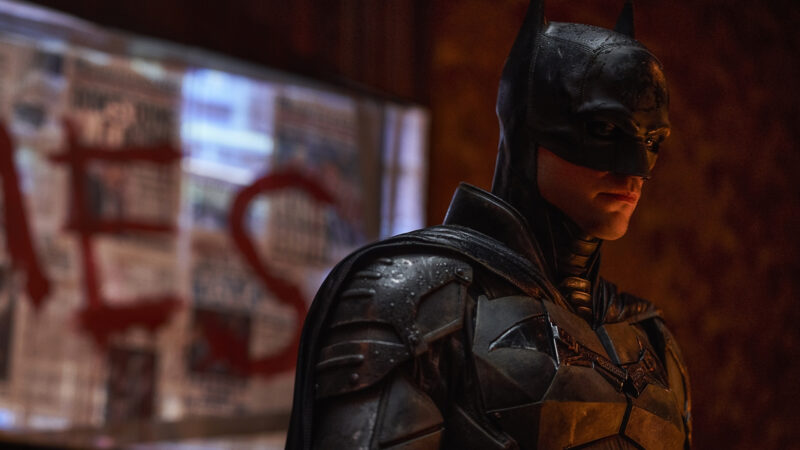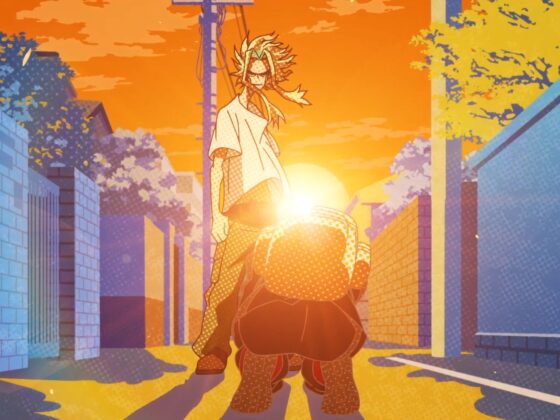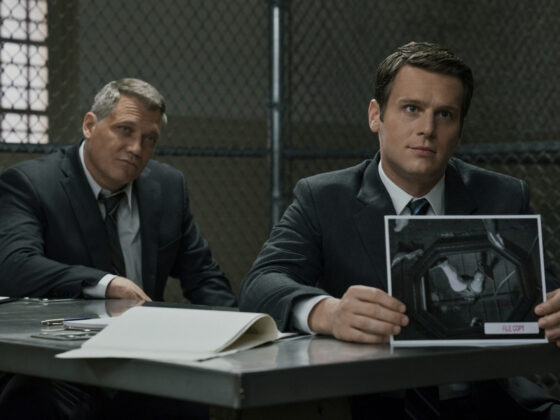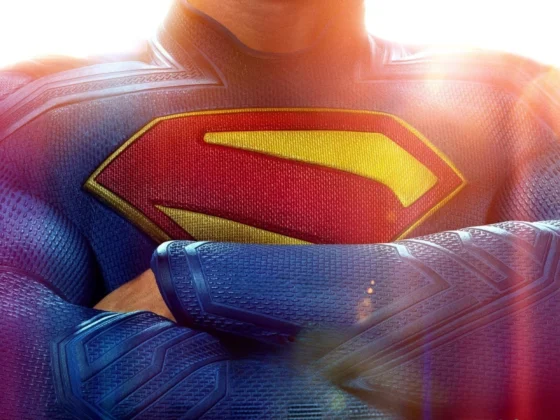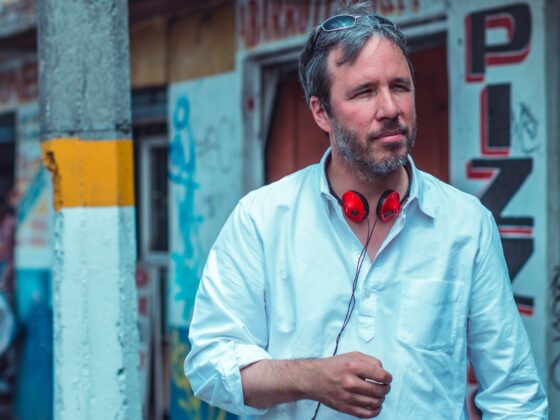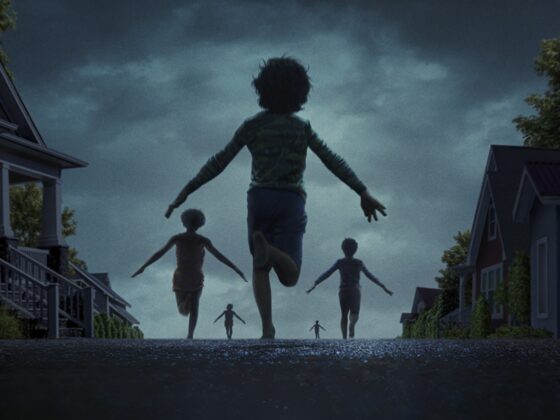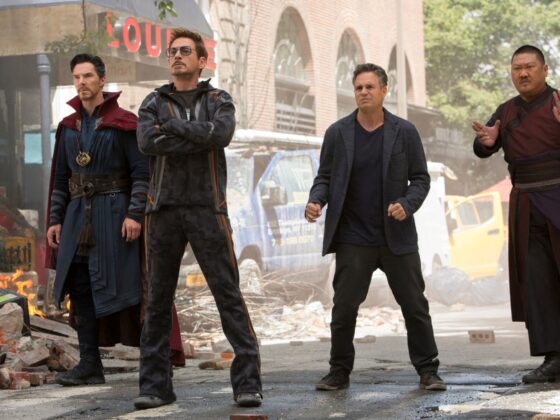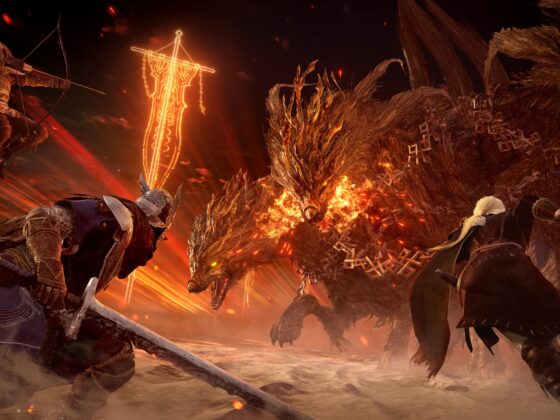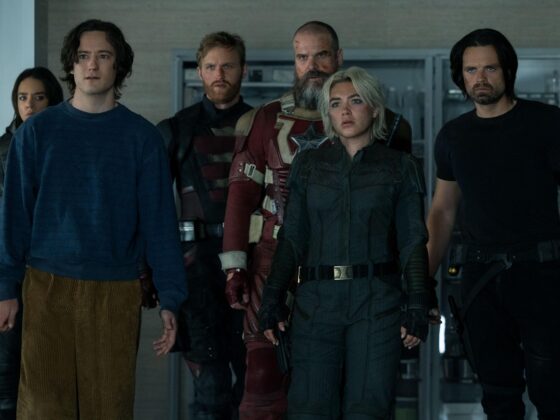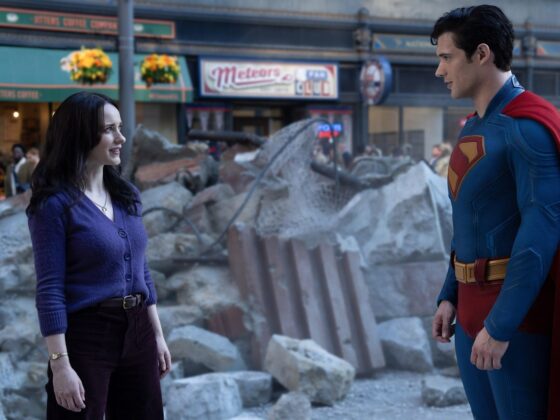Three years have passed since Matt Reeves delivered his dark, brooding take on Gotham’s protector with The Batman, and while the film’s nearly $800 million box office performance immediately sparked sequel talks, getting The Batman Part II off the ground has proven to be a much more complicated affair than anyone anticipated.
The sequel was announced almost immediately after the first film’s success, with Warner Bros. eager to capitalize on what had become their most valuable intellectual property. However, what should have been a straightforward follow-up has turned into a masterclass in Hollywood patience-testing, with script delays creating ripple effects throughout the studio system.
As the EW recently reported, the core problem lies with Reeves’ approach to screenwriting. Known for his meticulous, deliberate filmmaking style, the director has taken considerably longer than expected to deliver the sequel’s screenplay.
DC Studios co-heads James Gunn and Peter Safran initially expected to have the script in hand over a year ago, but Reeves’ perfectionist tendencies have stretched the timeline far beyond initial projections.
This delay hasn’t gone unnoticed at the highest levels of Warner Bros. Discovery, with CEO David Zaslav reportedly growing increasingly frustrated with the pace of development. For a studio executive banking on Batman as a cornerstone franchise, waiting nearly five and a half years into his tenure for a new film based on their most valuable property is a big test of patience.
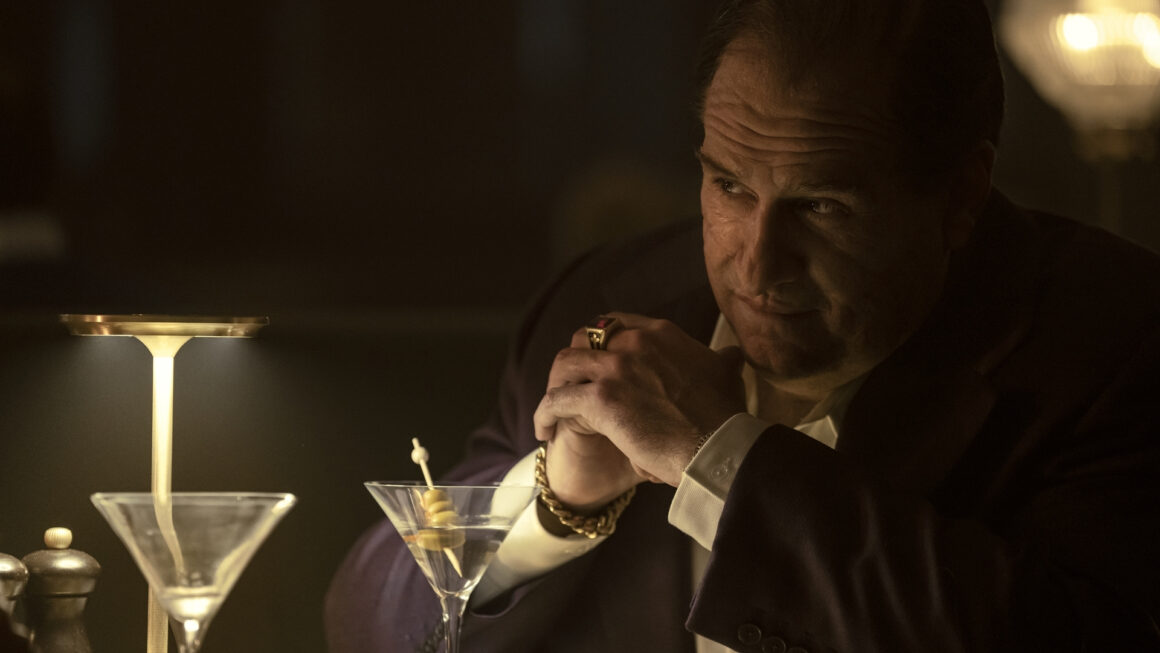
The situation became serious enough that industry insiders began speculating whether Warner Bros. might consider moving forward without Reeves if the script wasn’t delivered soon. Such rumors showed just how much pressure was building behind the scenes, even as the studio publicly maintained its support for the director’s vision.
Adding complexity to the situation, Reeves has been dealing with personal matters that have contributed to the extended timeline. While details remain private, these circumstances have factored into the overall delay, which explains why the script has taken so long to materialize.
Reeves’ reputation as a slow, methodical filmmaker isn’t new news. His previous work, including the first Batman script, also took considerable time to develop. Though this is frustrating for studio executives watching calendar pages flip by, it has historically resulted in well-crafted, thoughtful screenplays that translate into successful films.
James Gunn has found himself in the position of defending Reeves while simultaneously managing studio and fan expectations. His response has been characteristically direct, telling critics and impatient fans to back off and let the creative process unfold naturally.
In his own words, “People should get off Matt’s nuts because it’s like, let the guy write the screenplay in the amount of time he needs to write it. That’s just the way it is. He doesn’t owe you something because you like his movie. I mean, you like his movie because of Matt. So let Matt do things the way he does.”
The DC chief stressed that rushing the creative process rarely yields better results, pointing to his own philosophy of not moving forward with any project until the script reaches a satisfactory state. This was the problem that plagued the DCEU, where films were greenlit and scheduled before scripts were complete, often leading to production nightmares and costly delays.
The Batman Part II script delay has created a complex scheduling puzzle involving multiple high-profile projects. Robert Pattinson’s commitment to Dune 3 means that even once The Batman’s sequel script is finalized, production can’t begin until the actor completes his work on Denis Villeneuve’s sci-fi epic.
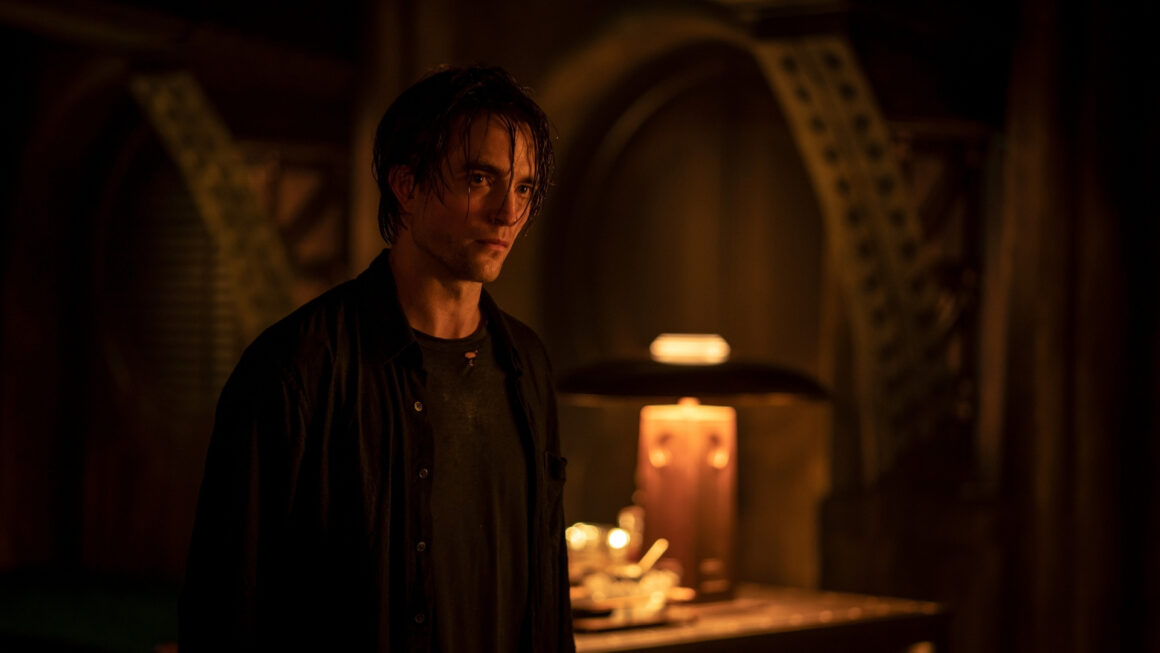
Current plans call for The Batman Part II to begin filming in January 2026, assuming the script and pre-production phases proceed smoothly from this point forward. This timeline would theoretically allow the film to meet its October 2027 release date, but any further delays could force yet another postponement.
Although Gunn has noted that lengthy gaps between sequels aren’t unprecedented in Hollywood, citing various successful franchises that have survived similar delays, the modern blockbuster landscape typically demands more rapid content delivery to maintain audience interest. But maybe that’s the problem that has led to quantity over quality.
Complicating matters further is the existence of Gunn’s own Batman project, The Brave and the Bold, which will integrate into the larger DC cinematic universe, which will kick off with the upcoming Superman film. This will create an awkward (and confusing) scenario where two different Batman film series are in development simultaneously, each with different visions and timelines.
Reeves has already proved his ability to create a grounded Batman story that accurately portrays the DC character. Pattinson also proved critics wrong after putting in a remarkable performance as the titular character. Warner Bros. must be aware of just how important these two factors are in the success of its biggest IP, which explains why they’ve begun to become restless.
Fortunately, with Superman just around the corner, DC will be banking on the success of James Gunn’s flagship project to carry forward the DCU into a better future. Hopefully, one that can finally wash away the bad taste the DCEU left in fans’ mouths.
Superman will fly into theaters on July 11, 2025.
